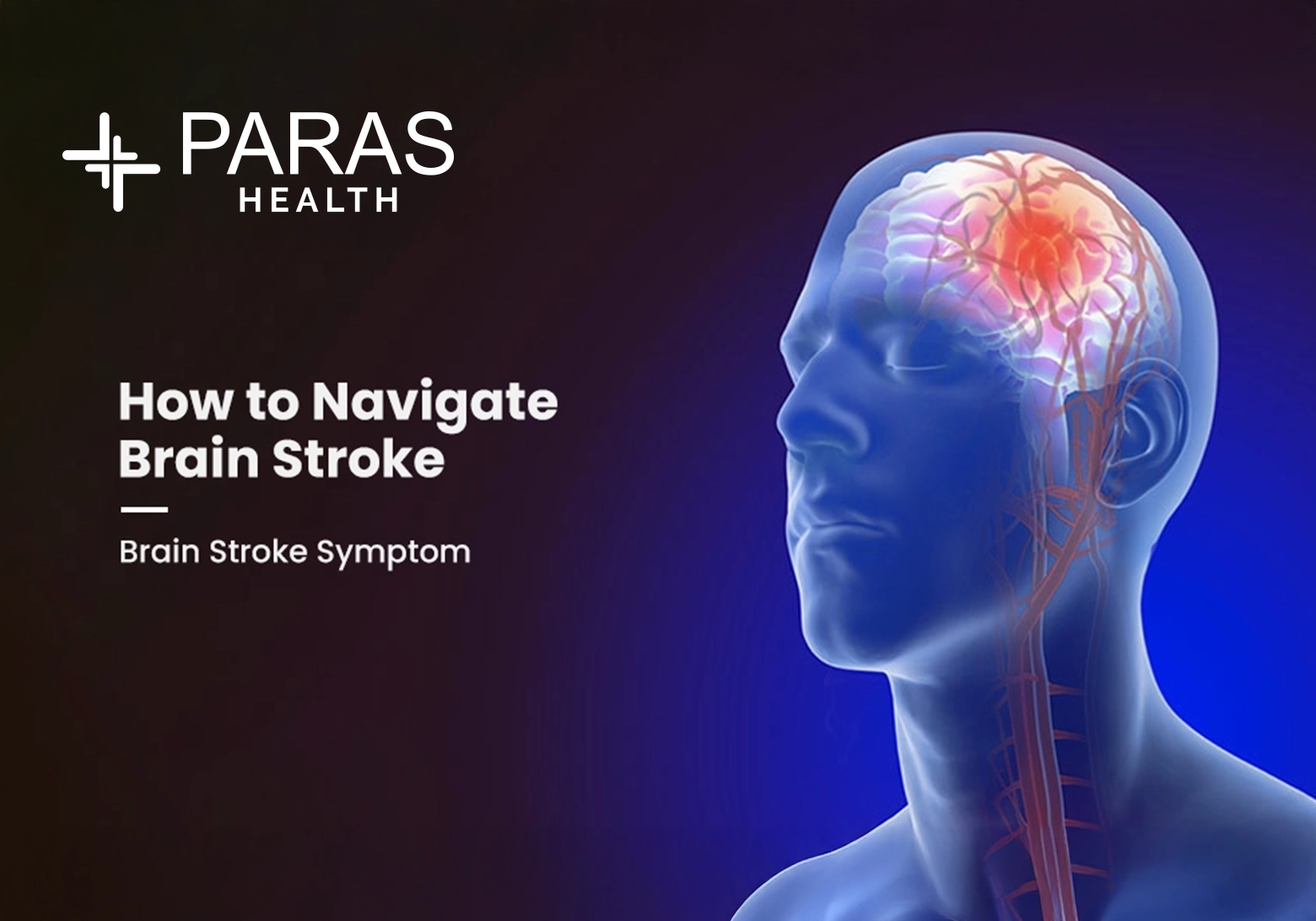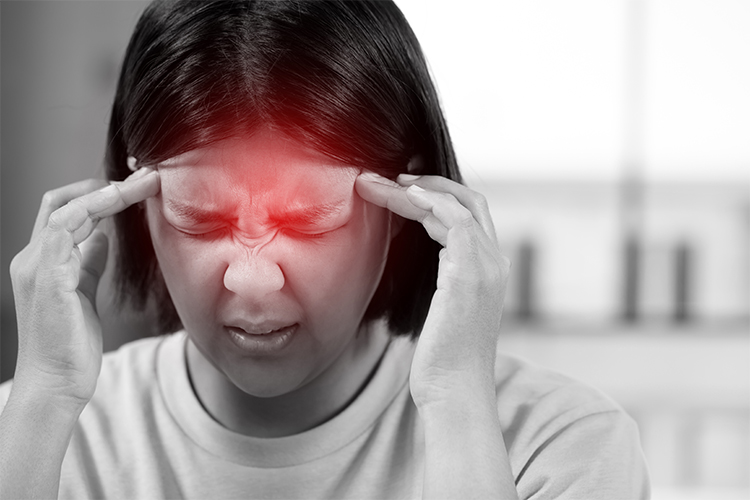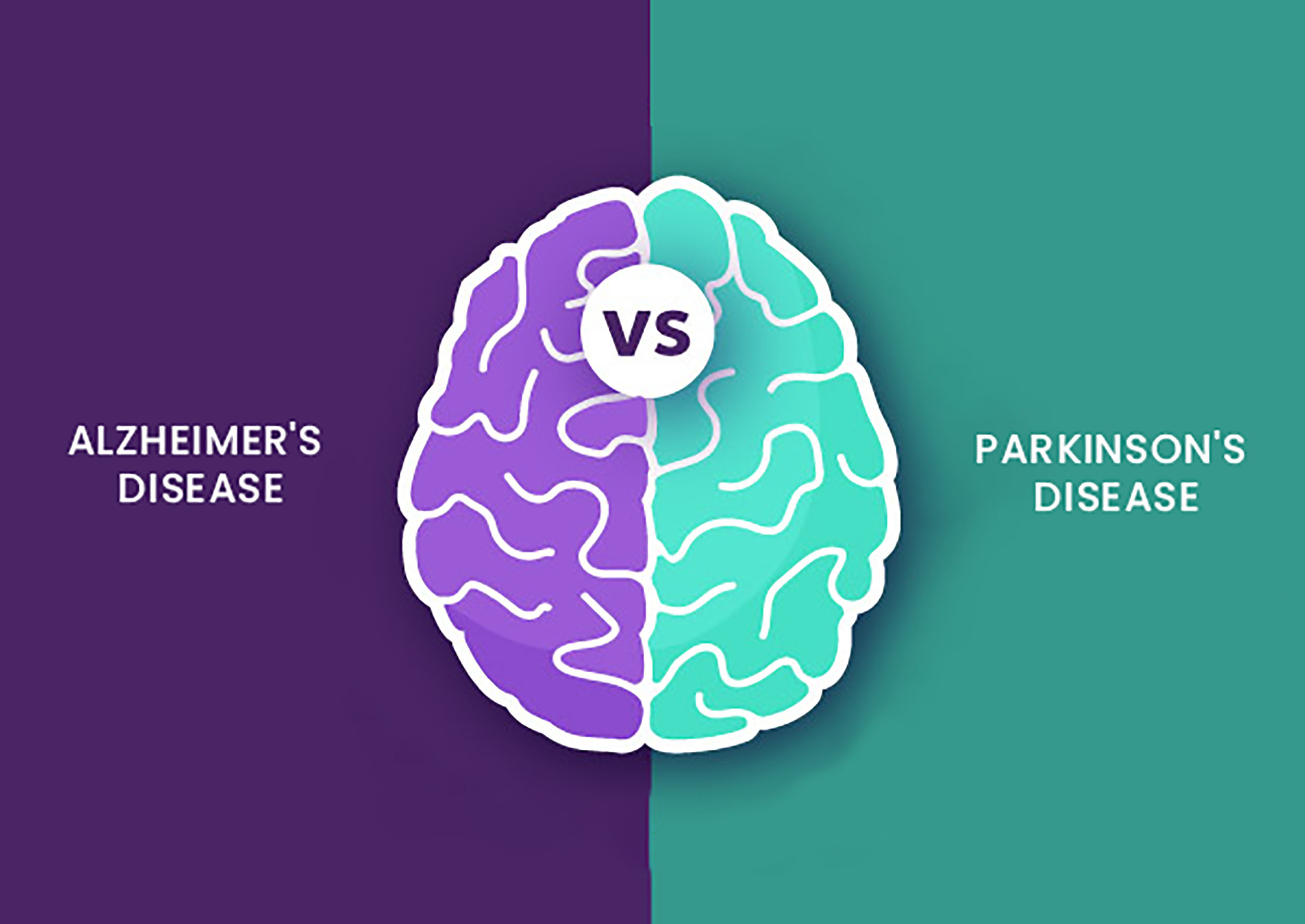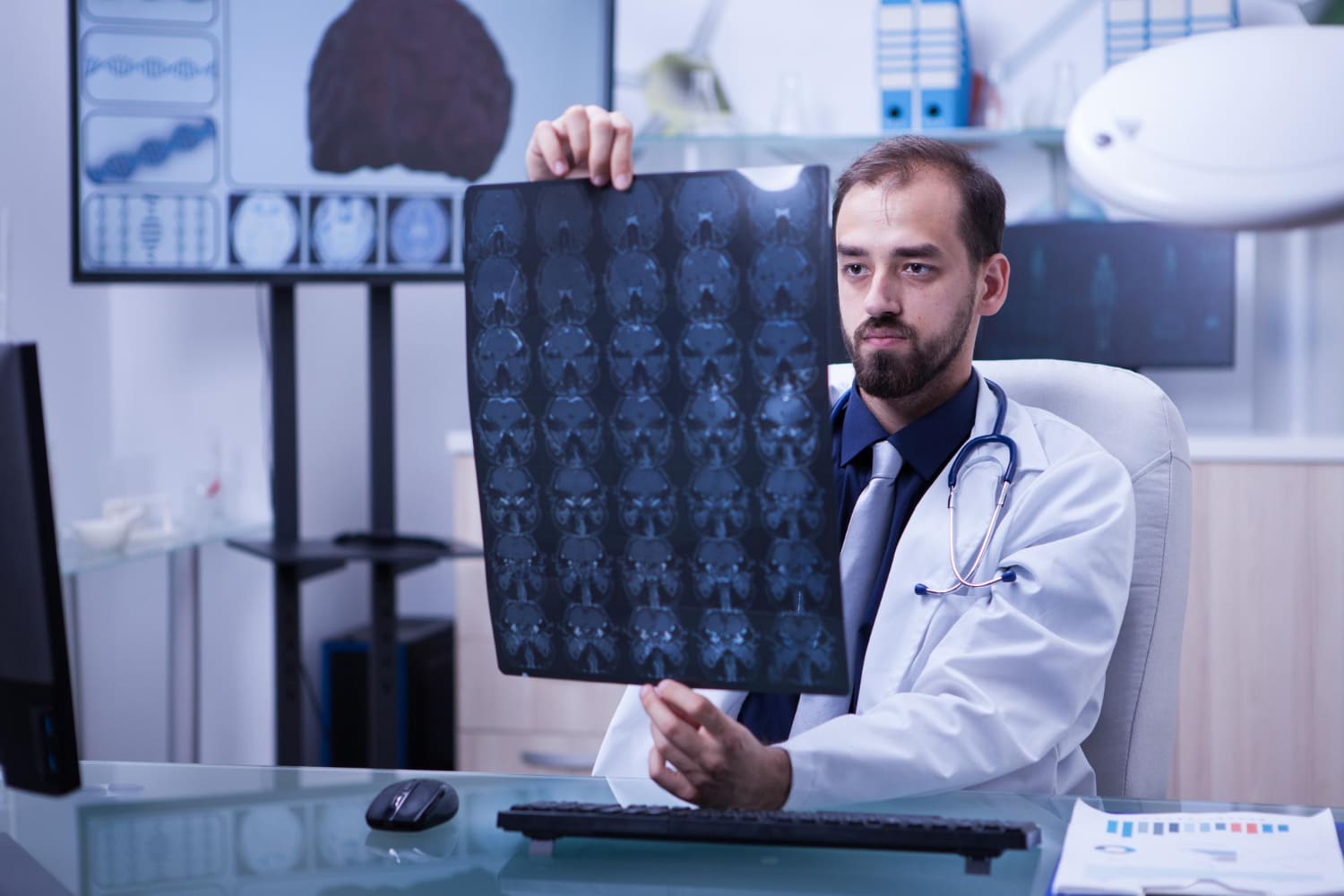Treatment for Hemorrhagic Stroke

Apr 19, 2022
Emergency treatment is necessary for cerebral hemorrhage. It basically involves medication and close monitoring in an intensive care unit. In rare cases, surgery may be necessary to relieve pressure around the brain.

Treatment for hemorrhagic stroke is given below:-
Immediate treatment can be the difference between life and death. Emergency treatment focuses on controlling the bleeding as well as less the pressure in the brain.A person taking blood thinners or similar drugs may be given medicine to help counteract their effects. Doctors often mention drugs to lower blood pressure and pressure in the brain as well as to prevent the blood vessels from tightening and seizures.
Once bleeding has stopped surgery may be an choose to help prevent a hemorrhage from happening again. Surgery can also repair blood vessel abnormalities associated with hemorrhagic strokes. An aneurysm may be repaired with a surgical clip.
Once a person is out of the immediate danger zone the next phase of treatment focuses on rehabilitation. The aim is to help them regain strength recover as much function as possible, and return to separate living.
The extent of recovery depends upon the area of the brain and amount of tissue damaged by the stroke.
A doctor will determine the best rehabilitation program for each individual. They will take into account the person’s age, overall health, and the degree of disability from the stroke.
Treatment may involve speech, physical, and occupational therapy. Therapy and medicine may also be used to help with depression and to monitor a person’s mental health.







